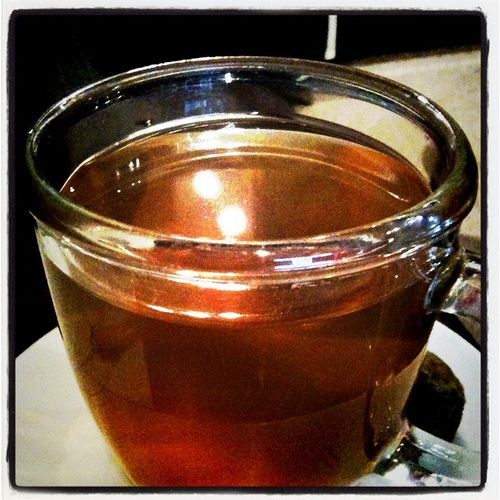 I had always liked coffee. But when I became a teacher I SWORE that I’d never be the teacher with the stale coffee breath (how many of us had one of those?) and I had never been a morning coffee addict, anyway. But with teaching came late nights of grading papers and early mornings full of grumpy teenagers. I needed something. Having just started my foray into natural health at that time, I was interested in the possibilities of teas as a better source of alertness. So, there I stood, in front of my class, after having downed a large travel mug worth of a tea entitled “Awake,” with my heart racing, my hands quivering, and my voice shaking worse than an old woman’s. I felt out-of-control, sick to my stomach, and I couldn’t function until I had flushed my system with what felt like three gallons of water. I gave up on caffeine after that.
I had always liked coffee. But when I became a teacher I SWORE that I’d never be the teacher with the stale coffee breath (how many of us had one of those?) and I had never been a morning coffee addict, anyway. But with teaching came late nights of grading papers and early mornings full of grumpy teenagers. I needed something. Having just started my foray into natural health at that time, I was interested in the possibilities of teas as a better source of alertness. So, there I stood, in front of my class, after having downed a large travel mug worth of a tea entitled “Awake,” with my heart racing, my hands quivering, and my voice shaking worse than an old woman’s. I felt out-of-control, sick to my stomach, and I couldn’t function until I had flushed my system with what felt like three gallons of water. I gave up on caffeine after that.
That was over six years ago. Since then, I only allow myself to have caffeine in social situations–such as after a big meal at a restaurant, or when meeting friends for a weekend breakfast. But I have a toddler, damn it, and an active one at that. Some days, I’d take the 25 grumpy teenagers over one displeased toddler. My husband has never been one to shy from any form of caffeine, and one morning I reached for a type of (what I thought was) green tea I bought for him. I prepared a cup, sipped it down, and, “Zing!” I suddenly felt, to be cliché, ALIVE. However, I wasn’t experiencing any of the jitters than can accompany the caffeine in tea or coffee. I had the alertness and clarity of the mind without the side-effects to the body.
It turns out, the “green tea” I had purchased for The Hubs was a brand of Yerba Maté (Guayakí, to be exact), a common South American beverage derived from the leaves of the yerba plant. I had falsely assumed that “Yerba Maté” was the brand name instead of the descriptor for a wonderful alternative to traditional caffeine, namely, tea and coffee.
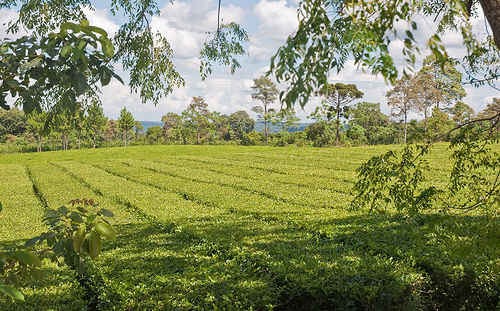
So, what’s the difference?
To start, yerba maté, or maté, contains a wealth of health benefits that coffee and tea can’t touch. It contains 11 different free-radical-busting polyphenols, vitamins A, C, E, B1, B2, Niacin, B5, B Complex, the minerals Calcium, Manganese, Iron, Selenium, Potassium, Magnesium, Phosphorus, Zinc, as well as compounds like carotene, antioxidants, pantothenic acid, and 15 amino acids.1 It has been used in the treatment of constipation, depression, kidney stones, UTI’s, headaches, low blood pressure, fatigue, allergies and bad breath (Let’s say, “Yes!” to no coffee breath!).
Maté contains caffeine, make no doubt. But it also contains two xanthines (elements in muscle tissue) called theobromine (found in tea and the kola nut) and theophylline (found in tea and cocoa nuts), which combine to produce a calming effect on smooth muscle tissue versus a stimulating effect on the Central Nervous System (as coffee and tea can have).2 This explains my feeling of mental clarity without the nervousness and agitation that I usually get from caffeine.
How Do I Prepare It?
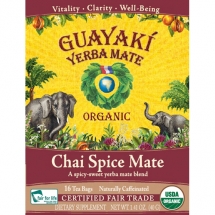 The leaves of the yerba plant are traditionally dried over a fire and then ground like tea. (Newer methods oftentimes eliminate this drying method.) The maté is then sold in stores similarly to tea: in loose leaves or tea bags. The leaves are steeped in water and the beverage is served hot. One of my favorite blends is from the brand I mentioned earlier, Guayakí, and is a Chai blend–fusing the spices of the far east with this traditional beverage from Brazil.
The leaves of the yerba plant are traditionally dried over a fire and then ground like tea. (Newer methods oftentimes eliminate this drying method.) The maté is then sold in stores similarly to tea: in loose leaves or tea bags. The leaves are steeped in water and the beverage is served hot. One of my favorite blends is from the brand I mentioned earlier, Guayakí, and is a Chai blend–fusing the spices of the far east with this traditional beverage from Brazil.
But Is It Safe?
South Americans have been drinking maté for hundreds of years, so chances are pretty great that this stuff is safe–in moderation, of course. You may find articles online warning of the cases of cancer that have been associated with yerba maté, but these risks seem to be attributed to the traditional methods of drying (over fire, therefore exposing the leaves to carcinogens) and excessive consumption. I cannot find, however, a definitive answer about whether maté is safe, in any amount, during pregnancy or while breastfeeding. One small study in Brazil found the beverage to have no effect on children born of mothers who ingested it, but the study did not indicate the amount the women were drinking beyond the phrase “once a week.” Personally, I would (and did) stay away from any substance containing caffeine during pregnancy.
So, Where Can I Get This Stuff?
A number of brands exist in North America. I would start by checking out your local natural health store and see what they recommend. I found the Guayakí brand at my local chain grocery store in the “Organic aisle” next to the herbal teas. (I also recommend the chocolate version they make. Yum!). You could also search online. I found a few brands like this and this on Amazon.
I encourage you to give Yerba Maté a chance. From what I can gather, its relative unpopularity at this point has saved maté from going the ways of many coffee and tea brands, produced in mass amounts with methods that strip the plants of their healthful benefits. My experience with maté was so positive, it is generally the only beverage I reach for when I want a quick pick-me-up. Try it! You just may find that you kick your coffee breath to the curb.
So, what do you think? Will you give Yerba Maté a try? If you’ve had it before I’d love to hear your opinion!
Notes: I was not paid nor compensated in any way by any of the brands mentioned in this post. All opinions are my own. Consult a health practitioner before adding new supplements to your diet. Some of the links in this post are affiliate links, meaning, I might get a few cents from your purchase, which helps to fund this site. I’m grateful if you click my affiliate links, but that is completely up to you.
Sources:
1. Yerba Maté FAQ. Aviva. 2011.
2. Yerba Maté. Wikipedia.2011.

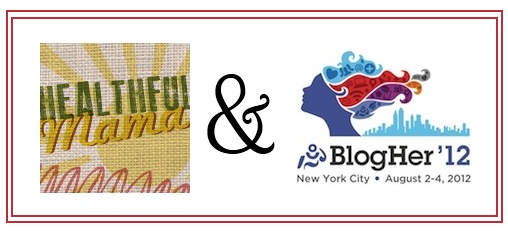
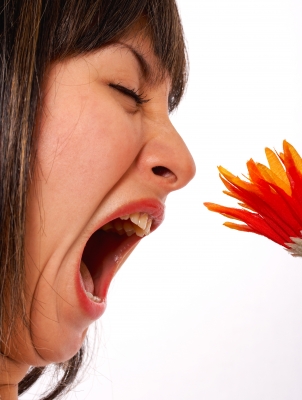
My family is from Argentina and I grew up with this stuff. My memories of my Abuelo are full of images of him sitting and drinking mate. My family always allowed me to have some but I thought it tasted like plants 🙂 My mom still drinks it every once in awhile.
Jasie, that’s why I prefer the chai or chocolate versions–the regular maté was tasty but not as satisfying to me 🙂 Thanks for sharing your memory!
I drink that tea but a different brand. I love it! Yum!
This is a great alternative! I have never had yerba mate on an every day basis, but I have enjoyed it when I’ve had it.
I love Guyaki! Great stuff!
I drink a pot of coffee before Noon.
Then, I switch to tea after Noon. I LOVE Yerba Mate!
Wow. I had never heard of Yerba Maté before. It sounds great. I will see if I can find it when I go shopping this weekend. I love tea, but I am always keen to try something new. Thanks.
I found your post comments while searching Google. It is very relevant information. Great work. Regularly I do not make posts on blogs, but I have to say that this posting really forced me to do so. Really awesome post. Really fantastic and I will be coming back for more information at your site and revisit it! Yerba Mate.
I have loved Yerba mate for a long time but I have never been able to tolerate it in early pg (I get nauseous and irritable). I have been drinking it while nursing for years and I am very sensitive to other caffeinated drinks, even green tea. It is actually better for you than green tea! If I’m ever feeling yucky in the late morning I will find my tea sitting somewhere because I forgot to drink it. I have adrenal fatigue and this clears my thinking and reduces inflammation, especially behind my eyes. My vision is better after drinking it! My aches go away. I give my little ones this tea occasionally because it’s so nutritious. I prefer Guayaki brand traditional (smoked) but have always wondered if I should stick to their other one (not traditional). It’s almost as good. Any opinions?